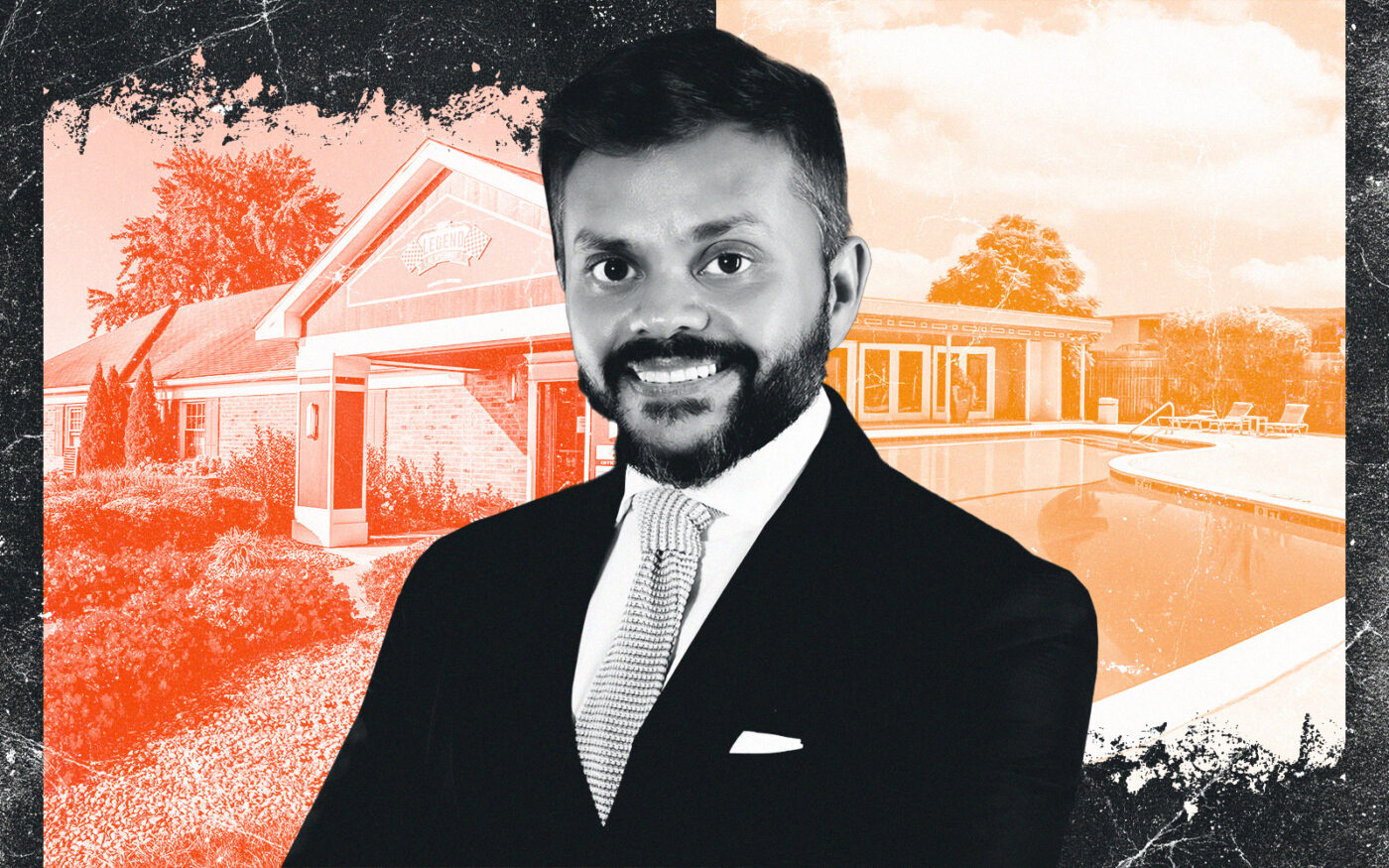Trending
Syndicator Nitya Capital fails to pay off $356M loan at maturity
CMBS debt tied to 2,700-unit portfolio lands in special servicing

At the end of last year, Nitya Capital was making more than enough from 12 properties to service $346 million in debt. The properties were 89 percent occupied and cash flowing, according to Trepp.
For syndicators, groups that pool equity to buy property, that should be enough to keep lenders at bay and properties afloat.
But for Nitya, the problem was not paying the interest on the loan every month. The problems arrived when the loan came due.
The multifamily syndicator run by Swapnil Agarwal failed to pay off the debt this month when it came due, according to Trepp. The loans, initially provided by Barclays and UBS and then packaged into commercial mortgage-backed securities pools, landed in special servicing this month.
In an email, Agarwal said Nitya is “currently in a forbearance period with the servicer” and is “not in default.”
The debt backs 2,746 apartments across 12 properties in Indiana, North Carolina, Texas, Tennessee, Nevada and California, the largest being the 772-unit Legend at Speedway outside of Indianapolis.
Nitya has been trying to work things out, asking to exercise a one-year extension. But to do so, Nitya would need to purchase an interest-rate cap, preventing the interest rate on the loan from soaring above the Secured Overnight Financing Rate plus 1.75 percent, Trepp noted.
Agarwal said that in the process of “refinancing certain assets out of this portfolio,” the company “needed some time” to figure out rate cap specifics.
Rate caps, which provide protection for floating-rate loans against rising rates, have become much more expensive, as interest rates have risen.
That one-year, 1.75 percent cap — called a strike rate — would cost about $10.8 million, according to estimates from Chatham Financial. That’s about 60 percent of the properties’ net cash flow from January through September, according to Trepp data.
And that rate cap would only protect Nitya for a year. A two-year rate cap at the same rate would cost almost $20 million, according to Chatham.
Nitya bought the properties for $459.3 million in 2022, right before the Federal Reserve started hiking rates, which, in turn, caused Nitya’s monthly debt payments to rise.
Many multifamily syndicators, including Tides Equities, Rise48 and GVA, all of whom raced to gobble up property while interest rates were near zero, have struggled to keep up with monthly debt bills — they were not able to raise rents fast enough to hike up incomes.
Debt service coverage ratios, a metric that determines whether a property is making enough income to make monthly debt payments, have dipped below 1 across many of their loans, which means that the property is not making enough to pay those bills.
The syndicators have tried all types of routes — GVA has succumbed to foreclosure on many, while Tides worked out loans en masse, buying rate caps, and seeking out preferred equity.
The DSCR on Nitya’s loan dipped to 1.13 at the end of September, down from 1.66 when the loan was first issued. Part of that can be attributed to a dip in occupancy — in September, occupancy dropped to 89 percent from the 95 percent rate at the time of Nitya’s building purchase.
Nitya has sold off a number of properties over the last year, though the company itself as well as brokers and syndication firms have acknowledged that valuations have dropped over the last two years, as financing has grown more expensive.




